A good digestive system is vital for a healthy life. It helps our bodies to absorb all the nutrients needed to run smoothly. A key element to achieve a healthy digestive system is sufficient intake of the right dietary fibre. Food health authorities recommend a daily intake of 25 g of fibre, of which 5-10 g should be prebiotic fibre. This is an amount that most people struggle to achieve and therefore it is best to be supplemented in the diet.
Foods that help boost pre- and probiotics in one’s diet include chicory root, onions, garlic, oatmeal, wheat bran, asparagus, dandelion greens, Jerusalem artichoke, barley, and apples with skin.
What is Inulin?

Inulins are a group of naturally occurring polysaccharides produced by many types of plants. Industrially, they are most often extracted from chicory. Inulin is slightly enzymatically hydrolysed to enhance its solubility. Chicory root fibres like inulin and oligofructose are not digested by human enzymes, making them prebiotic and unavailable for glucose release into the blood stream, which ensures that their consumption does not raise blood glucose levels.
Chicory root fibres, labelled inulin or oligofructose, were authorised in 2016 for a health claim by the European Union Commission. The claim, which can be applied to produ cts containing chicory root fibre ingredients, includes the following: “Consumption of foods containing chicory root fibre/inulin/oligofructose instead of sugars, induces a lower blood glucose rise after their consumption compared to sugar-containing foods.”
The United States Food and Drug Administration approved inulin as a dietary fibre ingredient in 2018, which is used to improve the nutritional value of manufactured food products. Inulin therefore serves dual purposes: in addition to lowering blood glucose response, it is also a prebiotic and a source of dietary fibre.
In addition, they add taste and texture to products. They make good sugar replacers because they have a sweet taste.
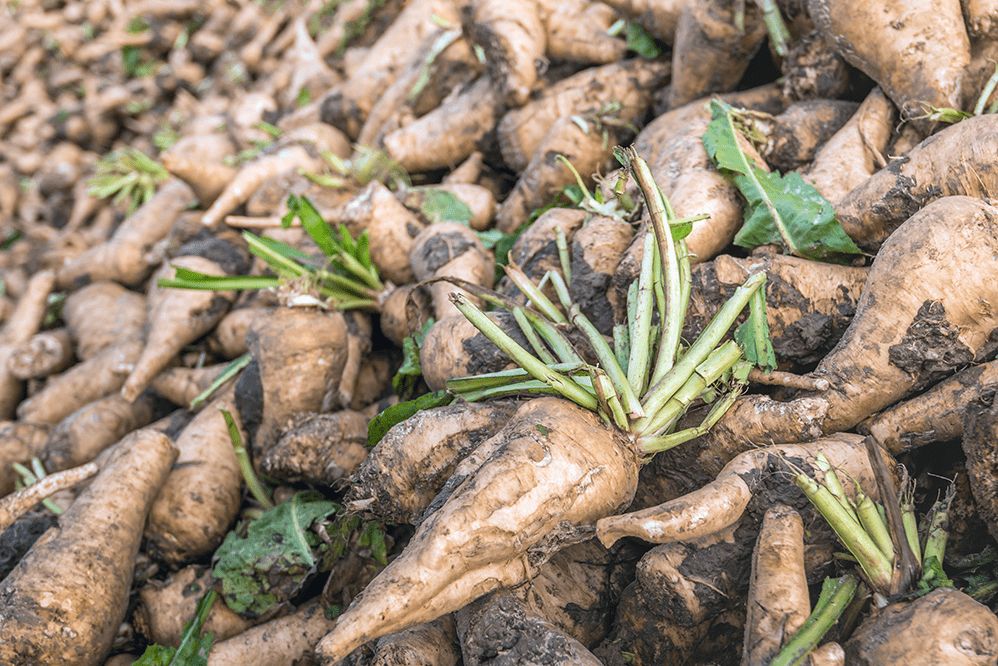
What is a prebiotic fibre?
A prebiotic fibre is defined as a non-digestible food ingredient that beneficially affects the host by selectively stimulating the growth and activity of good bacteria in the colon, and thus improves the host’s health. Good bacteria are also known as probiotics.
Prebiotic fibre goes through the small intestine undigested and is fermented when it reaches the large colon. This fermentation process feeds beneficial probiotic bacteria and helps to increase the number of desirable bacteria in our digestive systems (also called the gut) that are associated with better health and reduced risk of disease.
Inulin and oligofructose are the best-studied prebiotics so far. They are selectively fermented by the microflora in the human colon, leading to a bacterial composition that is dominated by bifidobacteria. Scientific literature indicates that increasing prebiotic fibre intake has the following health benefits:
- Better regularity
- Improved immune function
- Vitamin production
- More energy
- Less leaky gut
- Higher calcium absorption
- Improved bone density
- Less inflammation
- Reduced appetite
- Weight loss
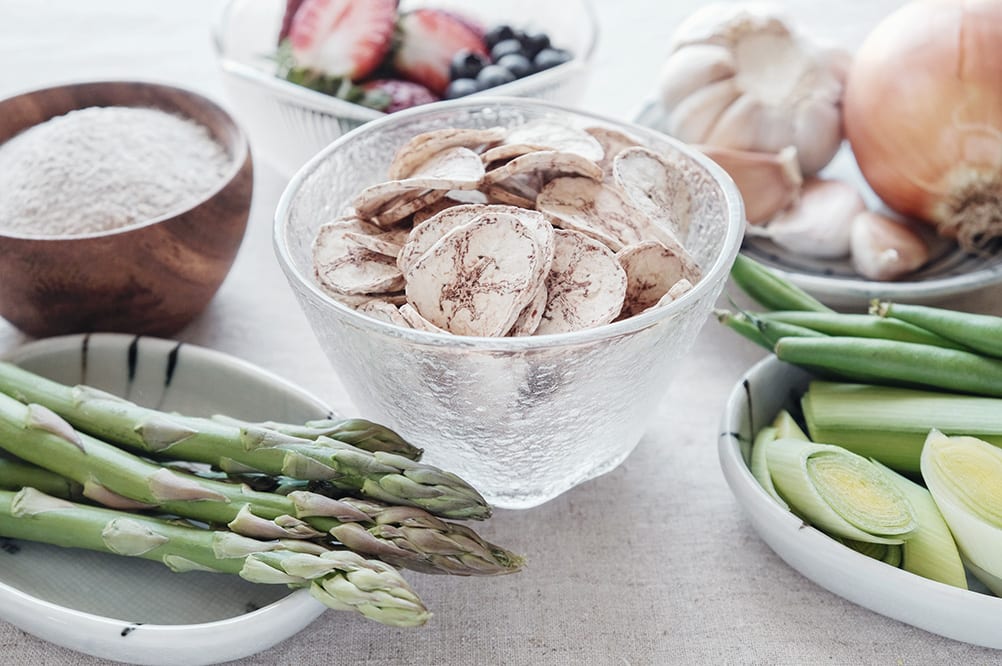
What are a probiotics and how are they helpful?
Probiotics are live, beneficial bacteria that are naturally created by the process of fermentation in foods like yogurt, sauerkraut, miso soup, kimchi, and others. While many types of bacteria are classified as probiotics, most come from two groups:
Lactobacillus– the most common probiotic found in yogurt and other fermented foods. Can help with diarrhoea and may help with people who cannot digest milk sugar (lactose).
Bifidobacterium– also found in some dairy products. May ease symptoms of irritable bowel syndrome (IBS) and related conditions. Naturally present in the large intestine. Bifidobacteriafight harmful bacteria in the intestines, prevent constipation, and boost the immune system. Furthermore, evidence indicates that bifidobacteriahelp reduce intestinal concentrations of certain carcinogenic enzymes.
Inulin is an ingredient that offers many health benefits and certainly adds value to our new MultiVite instant porridge product!

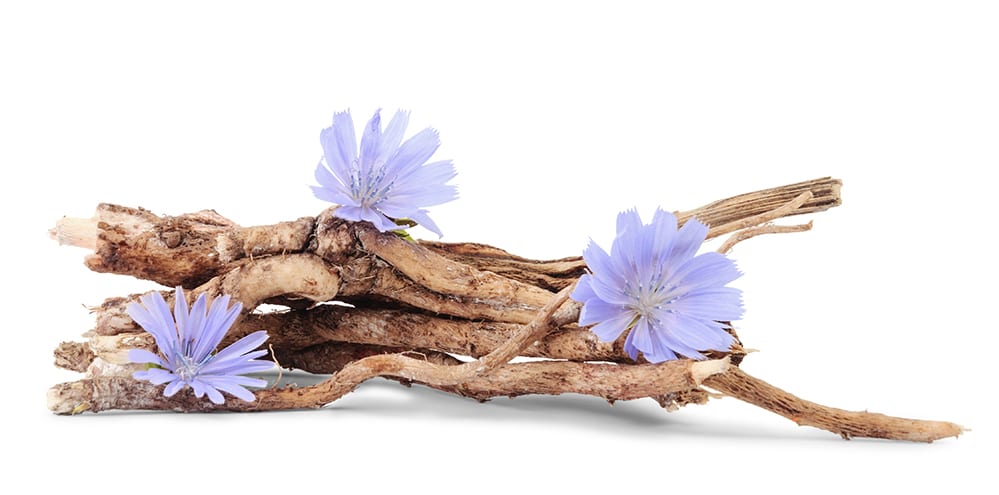

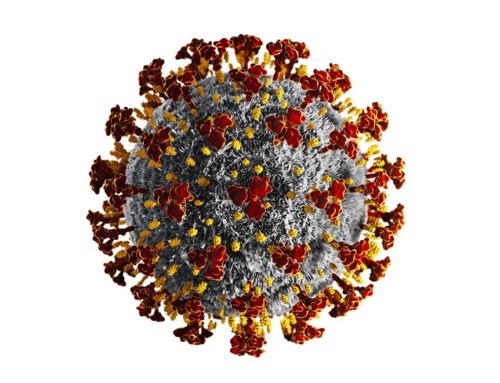

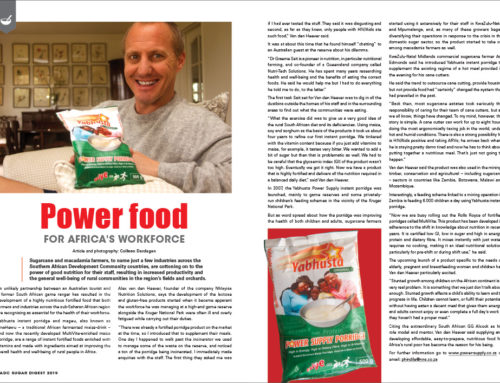
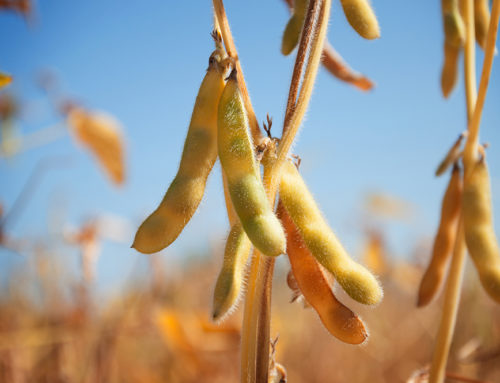
Leave A Comment